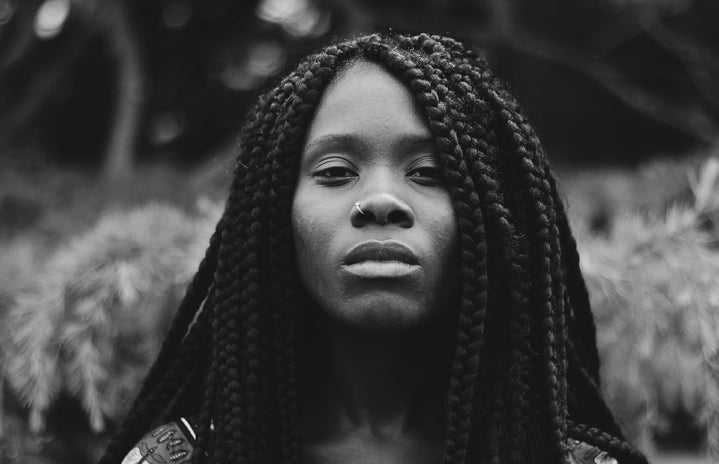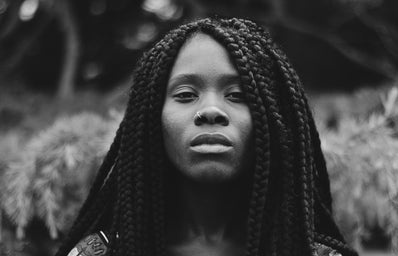I remember the moment when I knew activism was my calling vividly. It was junior year, and I had just started my school’s first-ever Black cultural club called Sankofa. With a mission to create a safe space for Black millennials of all ethnic backgrounds, and to discuss issues facing the diaspora, my club was the first to hold an intentional space for unapologetic Black thought. It wasn’t long before my name became synonymous with Martin Luther King and Assata Shakur down the narrow hallways of my high school. For me, that term activist fit. I was happy to be in the spotlight and to have my voice matter for my community. I was happy to be a face of change, so I accepted the term with open arms. Many of my creative endeavors soon became coated with layers of activism, from the YouTube videos I produced to my written works. I fully accepted the role, as it was one that I chose to take on and it filled me with purpose. But this is not the case for all Black creatives.
Due to the effects of slavery, misogynoir, racism, and many more -isms and systems at work, Black creatives are often the “first”. First to win this award, first to gain that title, and first to be images of blackness in historically gatekeept, white spaces. It is in these spaces of “firsts” that many Black creatives and artists lose the freedom to just create. Here, we gain a new title: activist.
While this idea of labeling Black creatives and artists as activists is not always a bad thing, no title forced upon anyone ever brings forth any good. As they rise to prominence, Black creatives are often forced to become a spokesperson on Black issues. They are forced to place their bodies, of artwork and physicalities, in the way of racism, to constantly educate those that could easily educate themselves. They are forced to do the emotional labor of curing someone else’s ignorance. When Black creatives are unwillingly labeled activists, they are stripped of the ability to exist freely in their work. They are silenced by the voice of their oppressors, and shackled to the same system, just in a different guise.
This label of ‘activist’ goes far beyond a title, but turns into a conversation surrounding the way in which Black people are often stripped of their humanity. The Black-creative-turned-activist is made into a monument without their permission; they are made into a figure beyond personhood whose existence sits at the expense, service, and beck and call of others. Quite frankly, Black creatives deserve more.
Black creatives deserve the right to exercise their agency and name themselves for themselves. They deserve the right to be viewed not as the world sees them, but as they see themselves. Black creatives have the right to exist and solely wield their art in ways that they deem powerful, beyond its social service to others. Black creatives don’t have to be activists, and there is nothing wrong with that. The true purpose of Black creativity should be to exist freely and shape the world through art, whether it intentionally amplifies the Black community or not. That is what true Black freedom looks like.
While there are many Black and marginalized creatives like me who embrace the role of activist and go on to contribute to both the world of art and create direct social change, Black and marginalized creatives who actively reject this title are deserving of the space to do so. They deserve to be just like every other non-Black artist and create art, just for creating art’s sake.

